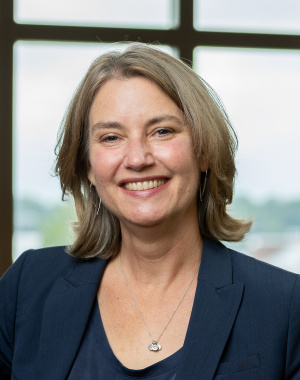We are accustomed to thinking of public policy as a remedy for social ills. We notice a problem---undereducated youth, roads in disrepair, or bureaucratic hurdles to small business---and we design and implement policy to remedy the problem. In this course we will take a step back. We'll think about what public policy reveals about our core priorities, what we believe society might achieve, and how policy shapes our relationships with one another. We are interested in the effect that policy has on our social fabric.
The country is polarized, heatedly divided. We are not only fractured, but atomized, our pandemic-induced physical separation a manifestation of our disintegrating social fabric. Is our divisiveness a product of information or does our public policy contribute to it? If public policy is involved, can it also be a source of healing? Can our public policy help to restore our social connectivity? What role does economic policy, urban design, criminal justice reform, and public art projects play in fostering meaningful connections between us?
We'll consider how public policy might work to rebuild our social connectivity using a framework of human flourishing. The four pillars of the framework---dignity, sustainability, community, and beauty---each tap into a value that makes us human and expresses a different aspect of our relationships. These values can guide our policymaking toward attentiveness to compassion and meaningful human connection. And they may help to rebuild our fraying social fabric and the norms that sustain our democracy.
Notes:
Ford minor students can register for electives beginning December 1
Non-Ford students can register for Ford electives beginning December 6
